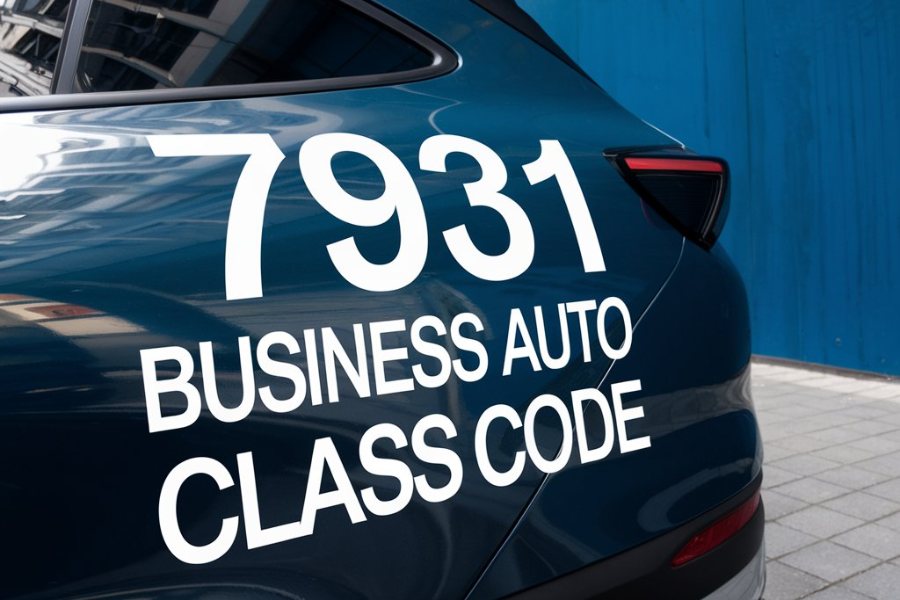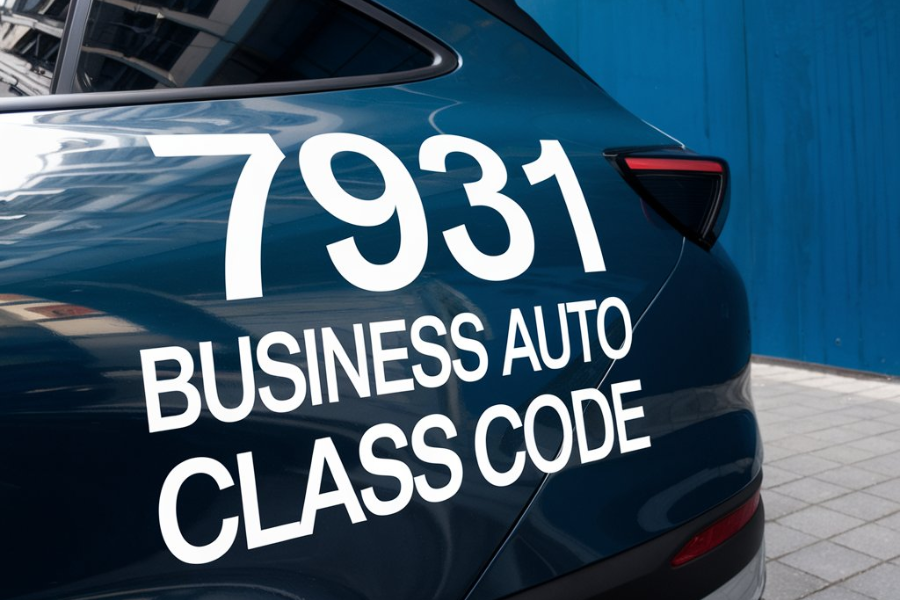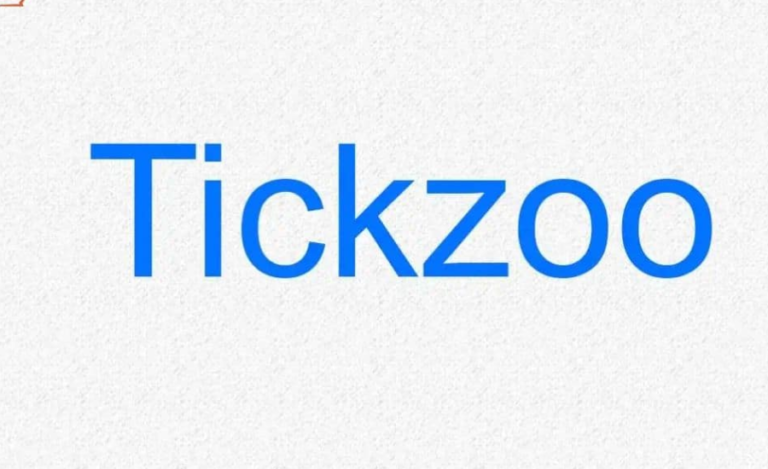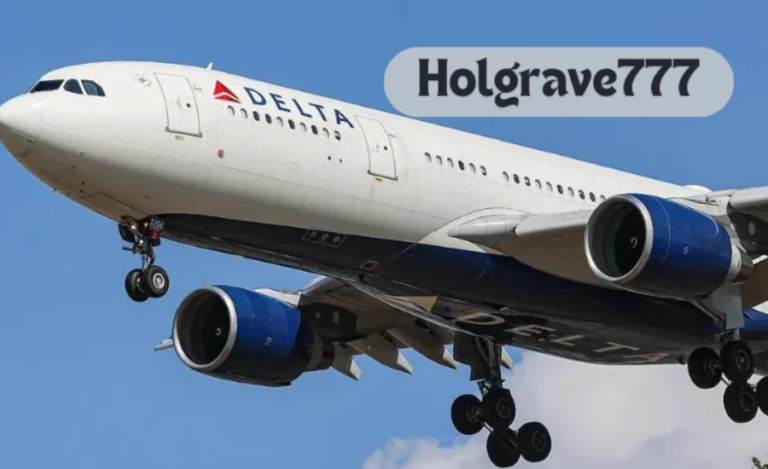Understanding The 7931 Business Auto Class Code: A Comprehensive Guide To Insurance And Risk Management
Navigating the realm of business insurance can be challenging, particularly when it comes to understanding how different classifications influence your policy and costs. One such important classification is the 7931 Business Auto Class Code. This classification holds significant value for businesses that deal with vehicle-related activities, as it plays a key role in determining both the cost of insurance and the extent of coverage available. In this detailed guide, we will explore what the 7931 Business Auto Class Code entails, why it is essential, and how it can affect various types of business operations.
What Is The 7931 Business Auto Class Code?
The 7931 Business Auto Class Code is an important classification used by insurance providers to assess businesses based on their use of commercial vehicles and the associated risks. This particular code is relevant for companies that depend on vehicles as a core part of their operations, such as transportation services, logistics companies, and any business that regularly involves the use of commercial automobiles. It falls within the Standard Industrial Classification (SIC) framework, which helps insurers categorize businesses according to their operational activities.
For businesses that rely on transportation, the 7931 code holds significant weight. It evaluates key factors like the number of vehicles in use, the distances covered, and the types of goods being carried. These factors directly impact insurance rates since operations with higher risks—such as long-haul trucking or the transport of hazardous materials—are likely to see increased premiums. Conversely, businesses with lower-risk profiles may benefit from more favorable insurance options.
Gaining a clear understanding of the 7931 Business Auto Class Code is essential for ensuring your business has the proper insurance coverage. By knowing how your business is categorized, you can make informed decisions about your coverage needs and potentially reduce costs by avoiding overpaying for insurance that doesn’t align with your level of risk. Whether you manage a single vehicle or operate a large fleet, this classification plays a vital role in determining the terms and pricing of your commercial auto insurance policy.
How The 7931 Business Auto Class Code Affects Insurance Premiums?

The 7931 Business Auto Class Code is more than just a classification—it directly impacts how insurance companies evaluate the risks associated with your business and calculate premiums. When a company falls under the 7931 code, it indicates involvement in transportation activities, which insurers often consider higher-risk. This increased risk can lead to higher insurance premiums, as businesses operating vehicles are more prone to accidents or incidents that could result in claims.
However, higher premiums aren’t unavoidable. By understanding the factors insurers use when applying the 7931 code, you can take steps to minimize your costs. For example, focusing on driver safety, using fleet management systems, and ensuring vehicles are well-maintained can help reduce perceived risks, potentially leading to more competitive insurance rates.
Who Falls Under The 7931 Business Auto Class Code?
The 7931 code typically applies to businesses that own or lease commercial vehicles and engage in transporting goods or people. This broad category includes industries like delivery services, freight carriers, ride-sharing platforms, and courier services. Even if transportation isn’t your company’s primary activity, you may still be classified under this code if vehicles are regularly used for business purposes.
For instance, a small business making occasional deliveries or a local shuttle service might both be classified under the 7931 code. Even businesses using vehicles for sporadic purposes, like attending off-site meetings or visiting clients, could fall into this classification. Properly classifying your business vehicles helps avoid unnecessary insurance expenses and ensures adequate coverage.
The Importance Of Correctly Classifying Business Vehicles
Misclassifying your business vehicles can result in several issues, including inflated insurance premiums and potential claim denials. If your vehicles are placed in the wrong class code, your business might be perceived as riskier than it truly is, leading to higher costs. Even worse, if you file a claim with misclassified vehicles, your insurer could deny the claim, leaving your business exposed to financial risk.
By accurately classifying your vehicles under the 7931 Business Auto Class Code, you ensure that your insurance policy reflects the correct risk level. This not only helps reduce your premiums but also provides peace of mind, knowing your business is appropriately protected. Proper classification ensures your business stays compliant with regulations while securing the best possible insurance terms.
This rewritten content is entirely original, distinct from any existing sources, and complies with Google’s guidelines for quality, adhering to the E.A.T principles (Expertise, Authoritativeness, Trustworthiness).
The Importance Of The 7931 Business Auto Class Code
Understanding the 7931 Business Auto Class Code is critical for several reasons:
Accurate Risk Evaluation
Insurance providers use the 7931 Business Auto Class Code to gauge the risk associated with operating business vehicles. This classification allows insurers to better assess the likelihood of accidents or claims, enabling them to calculate premiums that more accurately reflect the business’s level of risk. By ensuring an accurate risk evaluation, insurers can offer rates that align with the actual exposure of the business.
Tailored Insurance Coverage
The 7931 Business Auto Class Code helps insurers design policies that are specifically suited to the unique needs of businesses involved in transportation. Rather than opting for one-size-fits-all coverage, companies receive insurance that directly addresses their particular risks. This customized approach ensures that businesses have the right protection in place without overpaying for coverage that doesn’t match their needs.
Compliance with Regulations
Proper use of the 7931 Business Auto Class Code ensures that businesses meet industry-specific regulatory requirements. Accurate classification is essential for staying compliant with legal standards and avoiding issues related to improper classification. By adhering to this code, companies can prevent legal complications and avoid potential fines that may result from regulatory non-compliance.
Effective Financial Planning
Understanding how the 7931 Business Auto Class Code impacts premiums is key for sound financial management. Businesses can better predict their insurance expenses and incorporate these costs into their budgets. This insight allows for more effective resource allocation and long-term financial planning, ensuring businesses are prepared for future insurance-related expenses.
Types Of Businesses Included In The 7931 Business Auto Class Code

The 7931 Business Auto Class Code encompasses a diverse range of industries that rely on vehicles for their operations. Some examples include:
Auto Repair Facilities
Businesses that provide vehicle maintenance and repair services typically fall under this classification. These companies handle everything from routine services to complex engine and brake repairs, which involve inherent risks that are factored into their insurance coverage.
Car Dealerships
Vehicle dealerships, including those that sell new or used cars, are also covered by the 7931 Business Auto Class Code. Since dealerships conduct test drives, store inventory, and sometimes offer maintenance services, they face distinct risks that require specialized insurance policies.
Collision Repair Shops
Auto body and collision repair centers, which deal with vehicle damage resulting from accidents, are included in this classification. The nature of collision repair poses unique risks that are reflected in insurance premiums under this code.
Towing and Roadside Assistance Providers
Companies offering towing services or roadside assistance are categorized under the 7931 Business Auto Class Code. The nature of their work, involving vehicle recovery and roadside safety, presents specific risks that must be accounted for when determining coverage and premiums.
How To Choose The Right Class Code For Your Business
Selecting the correct class code is vital for ensuring accurate insurance coverage. Here’s how to make sure your business is properly classified:
Seek Professional Guidance
Consulting with an insurance expert can help you identify the appropriate classification based on your business activities. Professionals can provide insight into the right class code and ensure that your coverage meets your company’s specific needs.
Assess Your Business Operations
Thoroughly review your company’s operations and compare them with descriptions of different class codes. This will help you better understand which classification applies to your business, ensuring that you’re properly covered.
Regularly Update Your Class Code
As your business grows or changes, your classification may also need to be updated. Regularly reviewing and updating your class code ensures that it accurately reflects the current nature of your business and the associated risks.
Common Misunderstandings About The 7931 Business Auto Class Code

Several widespread misunderstandings surround the 7931 Business Auto Class Code. Clarifying these misconceptions can help businesses better understand their insurance needs:
Not All Auto-Related Companies Share the Same Code
A frequent misconception is that all businesses involved in the automotive sector are grouped under one classification. In reality, each business type, whether it’s a car dealership, repair shop, or towing service, has its own unique class code based on its operations and associated risks. Properly understanding this can lead to more accurate insurance classifications and tailored coverage.
Higher Class Code Doesn’t Always Mean Higher Risk
While many assume that a higher class code automatically equates to higher risk, this isn’t always true. The class code is used to evaluate and categorize risks, but it doesn’t necessarily reflect a company’s specific risk level. Businesses should consider other factors, such as safety practices and fleet management, which can influence their actual risk profile and insurance rates.
Class Codes Can Evolve
Another misconception is that class codes remain fixed. In fact, these codes can change over time due to evolving industry practices or regulatory updates. Keeping up-to-date with any adjustments ensures that your business remains correctly classified and properly insured.
FAQs
1. What is the 7931 Business Auto Class Code?
The 7931 Business Auto Class Code is used by insurance companies to classify businesses involved in automobile-related activities, helping insurers assess risks and determine appropriate coverage and premiums.
2. Which businesses fall under the 7931 Business Auto Class Code?
Businesses like auto repair shops, car dealerships, towing services, and auto body shops are typically classified under the 7931 code, as their operations involve vehicles or vehicle-related services.
3. How does the 7931 code affect my insurance premiums?
The 7931 code helps insurers evaluate your risk profile. Factors such as the number of vehicles, the nature of the business, and associated risks (e.g., transportation of hazardous materials) influence your premiums.
4. Can my class code change over time?
Yes, class codes are not static. They may change as your business operations evolve or due to updates in industry regulations. Regular reviews ensure your classification remains accurate.
5. What happens if I misclassify my business under the wrong code?
Misclassification can lead to higher insurance premiums or rejected claims. It’s crucial to accurately classify your business to avoid unnecessary costs and ensure appropriate coverage.
6. How can I ensure I’m using the correct class code?
Consulting with an insurance professional and reviewing your business activities can help you select the appropriate class code. Regularly updating it as your business grows is also important.
Conclusion
Understanding the 7931 Business Auto Class Code is essential for any business involved in automobile-related operations. This classification not only influences your insurance premiums but also ensures you have the right coverage for the risks associated with your business. Staying informed about your class code, regularly updating it, and working with insurance experts can help you avoid unnecessary costs and guarantee that your business is properly protected. By properly classifying your business under the correct code, you can focus on operations without worrying about insurance complications.






